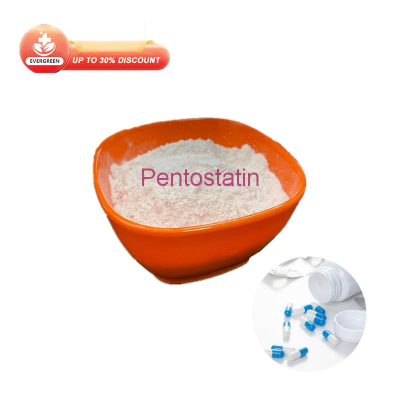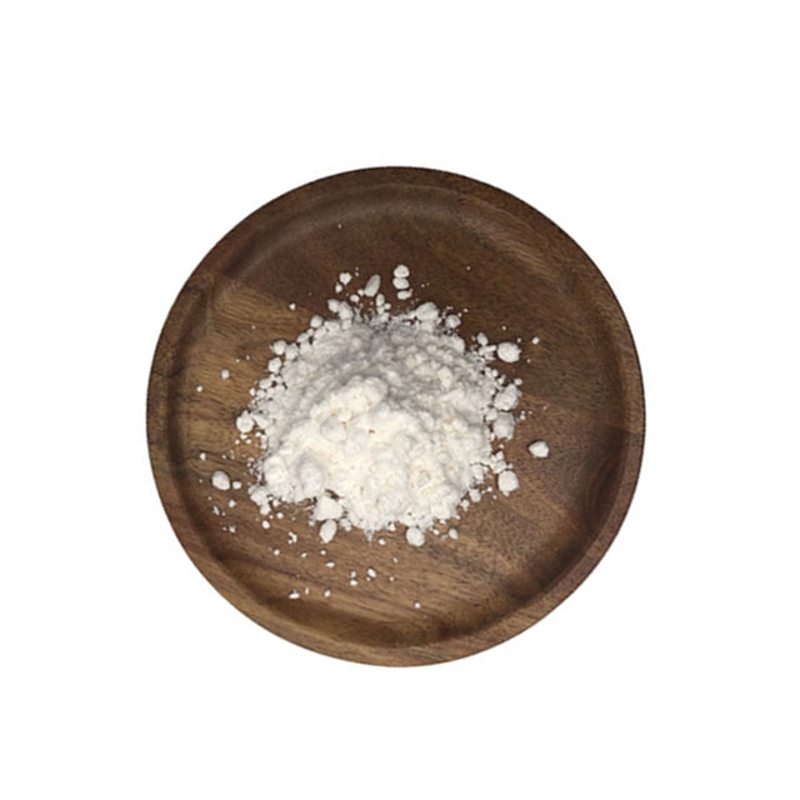-
Categories
-
Pharmaceutical Intermediates
-
Active Pharmaceutical Ingredients
-
Food Additives
- Industrial Coatings
- Agrochemicals
- Dyes and Pigments
- Surfactant
- Flavors and Fragrances
- Chemical Reagents
- Catalyst and Auxiliary
- Natural Products
- Inorganic Chemistry
-
Organic Chemistry
-
Biochemical Engineering
- Analytical Chemistry
- Cosmetic Ingredient
-
Pharmaceutical Intermediates
Promotion
ECHEMI Mall
Wholesale
Weekly Price
Exhibition
News
-
Trade Service
Non-small cell lung cancer (NSCLC) remains one of the major health threats facing the world.
although there are several effective treatments for NSCLC (e.g. surgery, radiotherapy, chemotherapy and targeted therapy), the prognosis for NSCLC patients is not satisfactory.
past few years, immunotherapy has become a new type of cancer treatment.
immune system plays an important role in the elimination of cancer cells before they form clinically recognizable tumors.
to resist this immune pressure, some cancer cells interact with immune checkpoint molecules expressed on regulatory T cells and escape surveillance by the immune system, known as immune escape.
immune escape is an important mechanism for tumor occurrence.
the role of SKIL in tumor occurrence and immune escape in NSCLC tissue.
researchers analyzed the expression levels of SKIL in NSCLC cell line, clinical samples, and adjacent normal tissues using quantitative PCR, protein brination experiments, and immunoglobation.
the malignant estypes of NSCLC cells were evaluated through cluster formation, transwell chamber experiments, MTT analysis, and transplanted tumor mouse models.
silent TAZ, which promotes SKIL over-expression tumors by activating the STING signaling path path, was found to have higher levels of expression of SKIL in NSCLC tissue than in neighboring normal tissues.
Silencing SKIL inhibits the malignancy of NSCLC cells and promotes T-cell immersion.
the expression of knock-down SKIL can inhibit the autophagy of NSCLC cells and activate the STING signaling path path through by lowering TAZ.
and silence TAZ eliminated the effects of expressive SKIL on the malignancy of NSCLC cells and autophagy.
further studies have shown that inhibition of cell autophagy can reverse the effects of SKIL/TAZ over-expression on STING signaling pathping.
in general, SKIL promotes tumor occurrence and immune escape of NSCLC by raising the expression of TAZ and promoting cell autophagy and inhibiting downstream STING signaling pathps.
。







